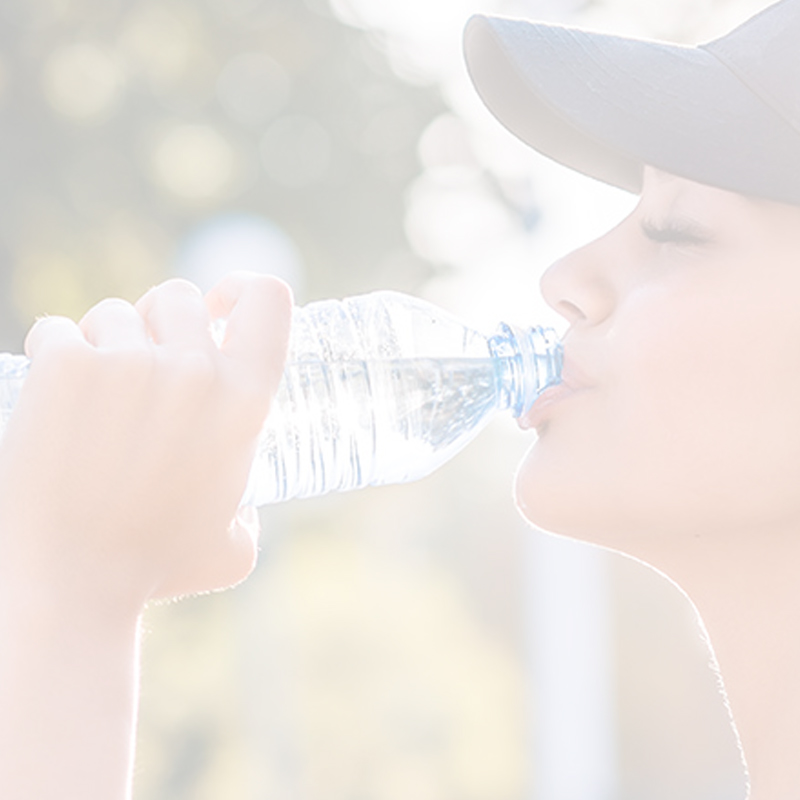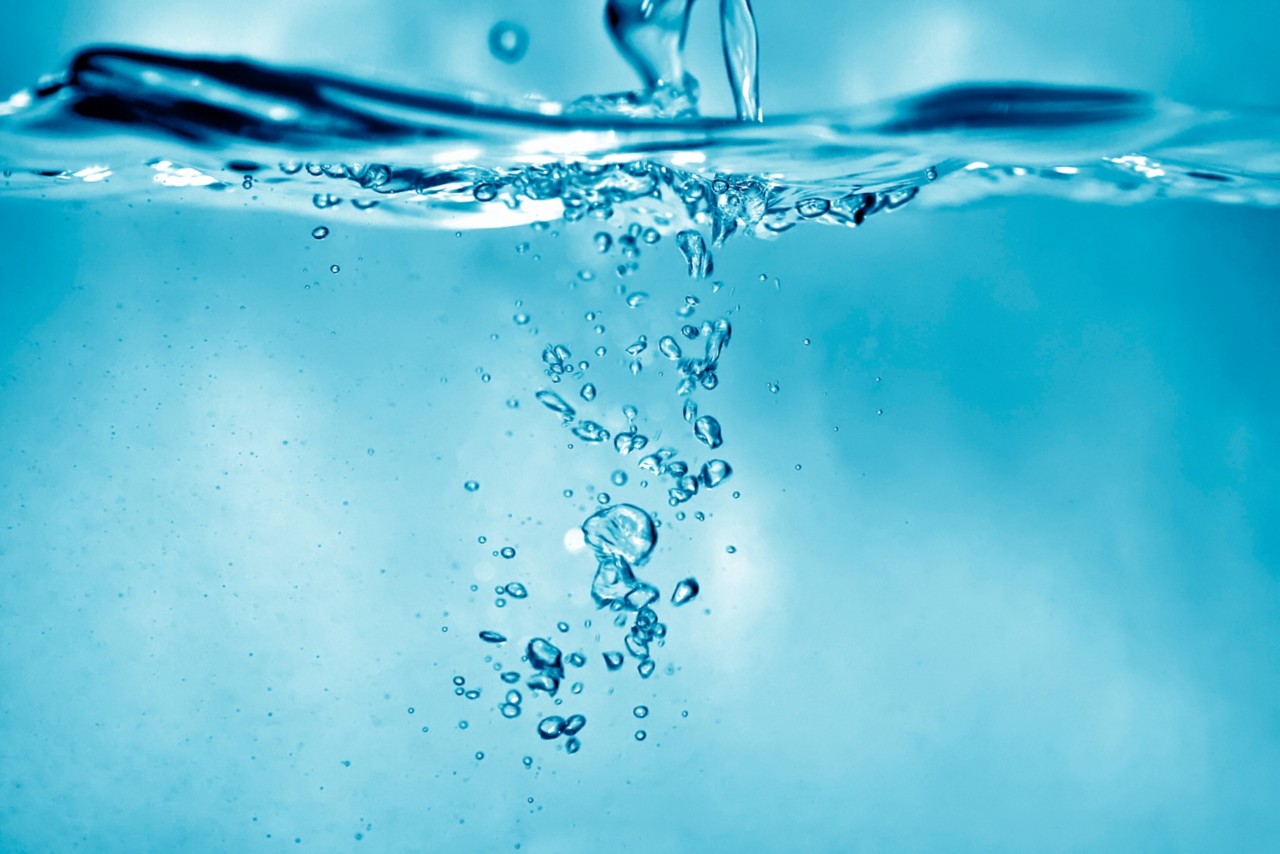Stop Wasting Water and Money. FIND A LOCAL PRO
Disposable plastic water bottles are an environmental nightmare. Most plastic bottles are made from polyethylene terephthalate, which takes over four hundred years to naturally decompose.
Even for people who try to avoid plastic, single-use plastic bottles are often unavoidable. If you buy soda or fruit juice, chances are it comes in a plastic bottle. In an attempt to minimize their environmental footprint, many people reuse disposable plastic bottles, filling them with tap water or water from whole house water filters. Unfortunately, this practice may not be as safe as you’d think.
Is It Safe to Reuse Plastic Bottles?
Plastic bottles made from #1 and #7 plastics can leach harmful chemicals into water and other liquid over time. As the plastic ages, cracks and other damage appear in the bottle, increasing the amount of chemicals absorbed by the liquid contained in the bottle.
What types of chemicals are we talking about? Plastic #7 bottles may leach Bisphenol A (BPA), a synthetic chemical capable of affecting estrogen activity in both women and men. Not all #7 plastics contain BPA.
Bottles made from #1 plastics may Leach DEHP, a plastic softener used to increase bottle flexibility.
Which Number Plastic Bottles are Safe to Reuse?
Plastics designated as #2, 4, and five plastics are generally considered less likely to release harmful chemicals than #1, 3, 6, and 7 plastics. These plastics are considered more durable and less likely to leach or break down over time. Even so, they should be recycled if they show signs of cracks or other damage, or if they become discolored. Avoid exposure to excessive heat or sunlight.
Is Plastic #5 Safe to Use?
Made from polypropylene, #5 plastics are one of safer plastics to use and reuse/ Polypropylene is considered microwave and dishwasher safe, but not this means only that the plastic does not warp when it’s heated and is not an indication of the plastic’s safety for human use.
As a rule, choosing non-plastic drink containers is better for you–and much better for the environment. Stainless steel water bottles are well-suited for outdoor use, while glass bottles, porcelain, and ceramic containers can be used indoors. Fill your non-plastic, reusable containers with tasty, clear water from a whole house water filter, and you can drink without worrying about what chemicals might be leaching out of your drinkware.
What's in your water?
start here
Worried about your water? Take control with our at-home water test kit. We'll analyze your water and recommend the best filtration or softening solution for your specific needs.
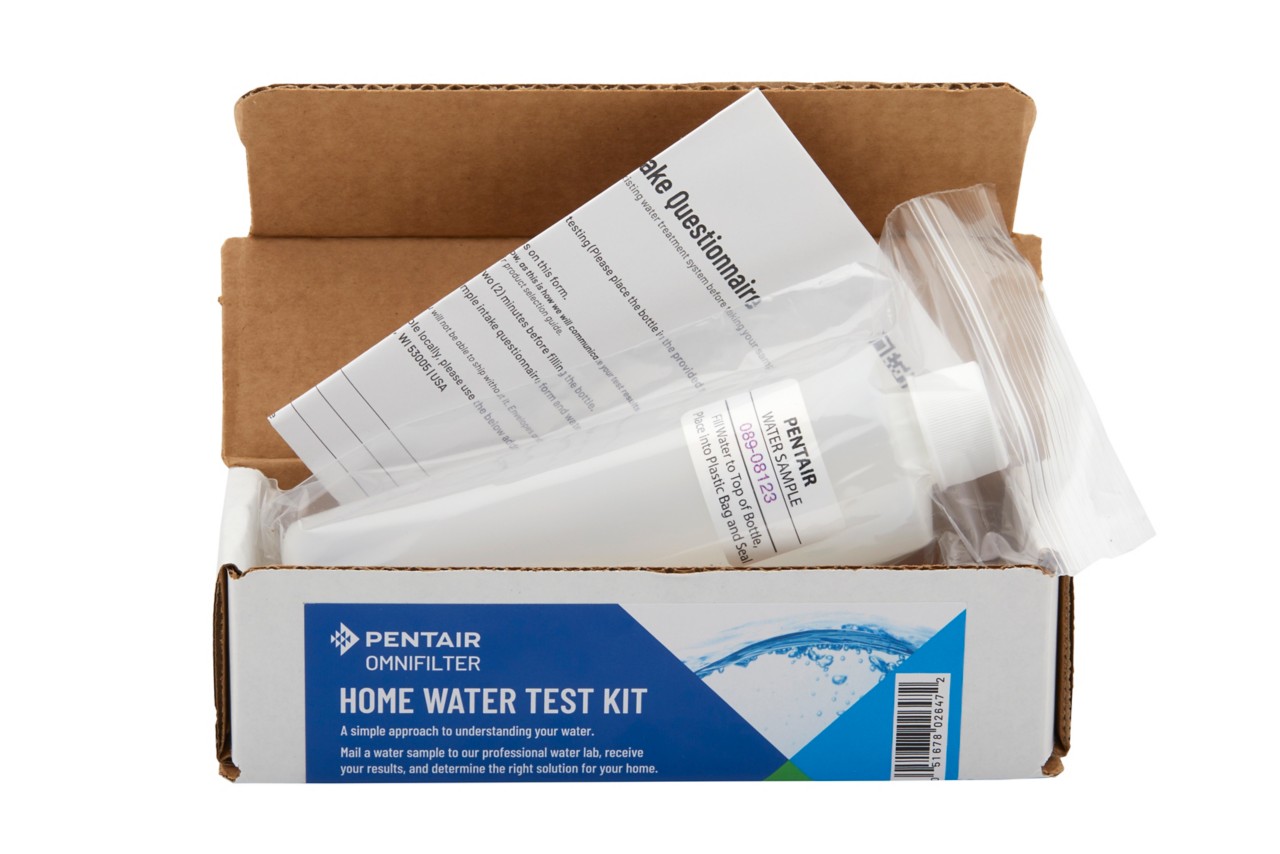

Water 101
Unleash the secrets of your H2O! Explore where water originates and discover the various water filtration solutions that transform it into drinkable water.
Related Articles
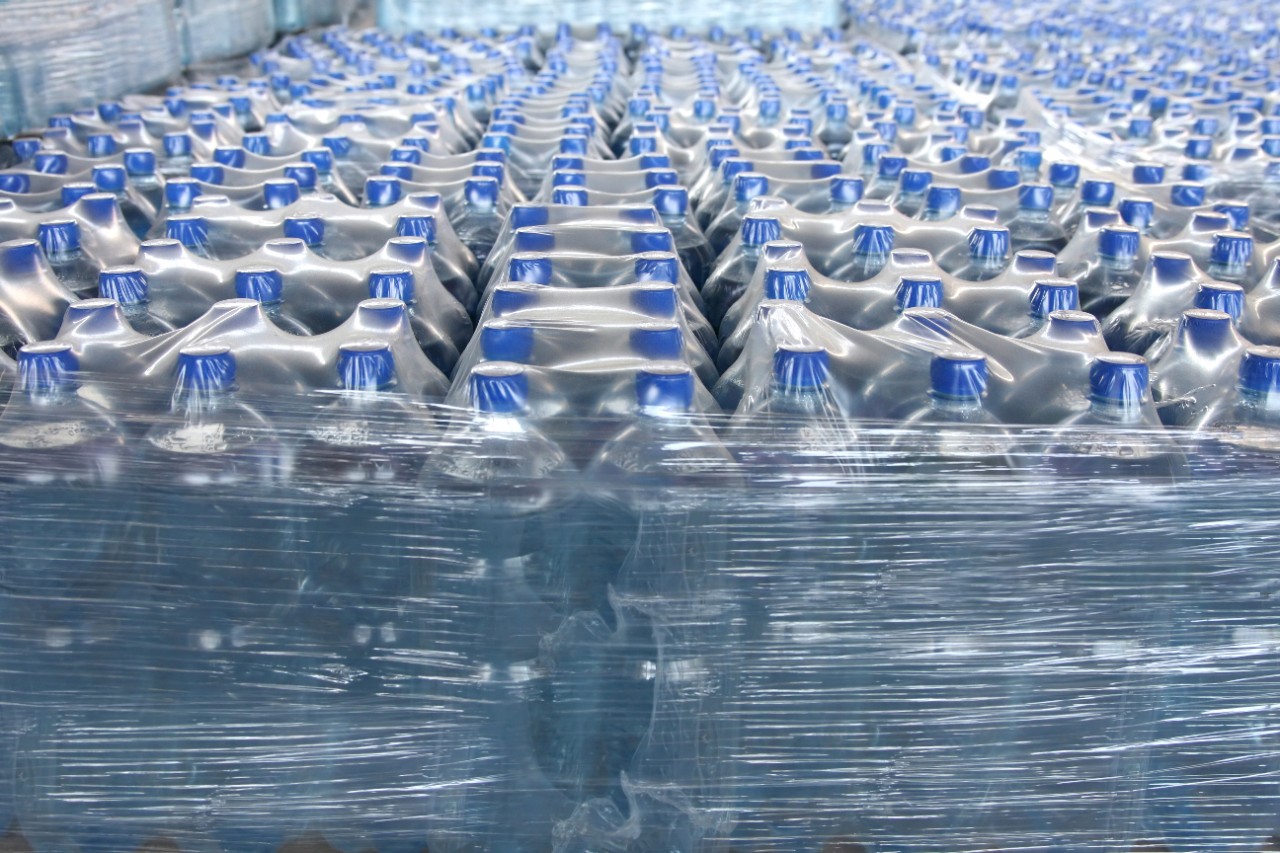
Where Does Bottled Water Come From?
Does your bottled water really come from a babbling brook…
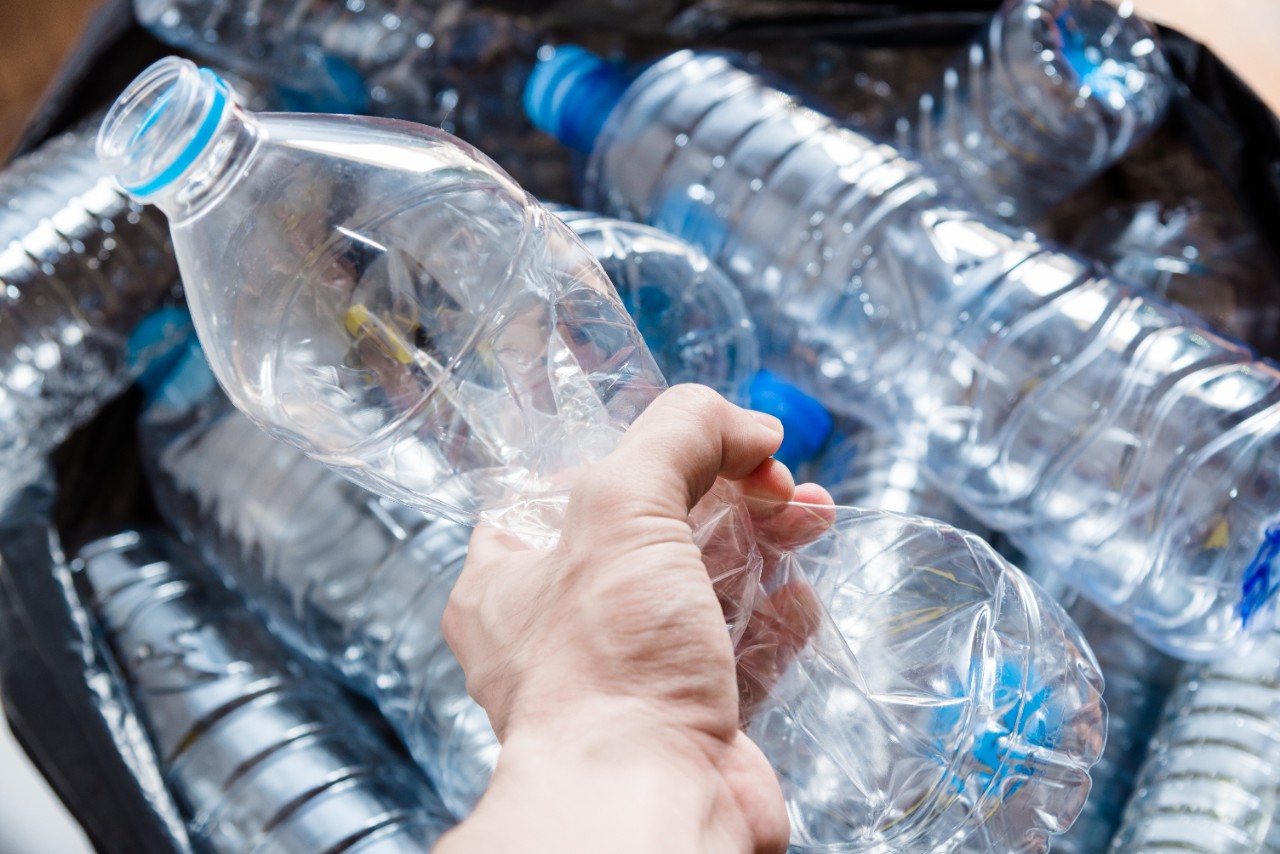
9 Facts About Bottled Water
We dug through journals, studies and scientific data to give…

Does Your Body Tell You How Much to Drink?
How much water should I drink a day? Water is…
Disclaimer: The information on this website has not been reviewed by the FDA. Products offered for sale herein are not intended to treat, cure or prevent any disease or health condition. No medical claims are being made or implied. Contaminants mentioned are not necessarily in your water.

